Translatable but Debatable
A slangy way of translating nim’as li uses“over,” as in “I’m so over this place” and “I’m over your patronizing tone, okay?” I think that’s a recent usage; I don’t remember it from when I was young. And speaking of getting old, “getting old” is another way of saying nim’as about something.
“Netanyahu hasn’t learned the lesson of five months ago, that drinking up too many of his so-called natural partners’ votes can hurt him,” said a Jerusalem Post article. But there’s a better expression in English, and it’s been in use since well before this election year. “Ralph Nader was siphoning votes from Gore,” a 2004 book by William Saletan notes.
The dictionaries have more to say about translating hekel as applied to a problem — alleviate, mitigate, palliate, etc. — than as applied to the person who has the problem. If you find a software program complicated to use, and the company supplies shortcuts to reduce that difficulty, then actually none of the dictionary definitions of hekel can describe what the shortcuts do for you.
Yeshayahu Ben-Porat’s book about the Yom Kippur War, called HaMekhdal in Hebrew, was published in English translation under the title Kippur. English-language journalists and scholars never did come up with a thorough consensus on what to call the Mekhdal, and sometimes we see it transliterated from Hebrew and glossed in English.
Morfix defines hitlabet as “to have doubts, to be uncertain, to weigh possibilities; to think over, to deliberate, to ponder, to mull, to debate.” Still I think of the meaning as commonly more specific than that. When I leave the house, it’s not so much that I mitlabet about whether I fed the goldfish. I mitlabet about whether or not to go back.
The verb — apparently starting out with the meaning of a subtle welling up from within — has taken on the popular meaning of protruding into visibility, whether slightly and gradually or boldly and suddenly.
“Caring” appears a lot as a translation of ichpatiut. But “caring” doesn’t always work. You can say you want an honest, caring leader, but you can’t say you want a leader with honesty and caring. The word “caringness” suggests itself, and it does get some usage. But no traditional dictionary seems to include it.
When we say “Isn’t it a shame?” the remark is commonly just an exclamation, not a question to be thought about. If the neighbor’s dog is struck by lightning, we might say “Isn’t it a shame?” but we wouldn’t say Lo khaval? The Hebrew implies that the misfortune could have been prevented, or could be prevented in the future.
Here’s a word that is not only difficult to translate but unpleasant to discuss and impossible to transliterate well.
Writers for Hire
Need a professional NOW? Click the photo for details.
Looking for Work?
New
The Startup Village Yokneam web site now has a whole Jobs section worth looking at. It includes jobs for all kinds of high tech jobs. Local professionals who provide services to the high tech companies there can also request to be added to the Professionals page.
Job Opps
Events and Courses
Upcoming Events
Upcoming Courses
Past Meetings & Workshops


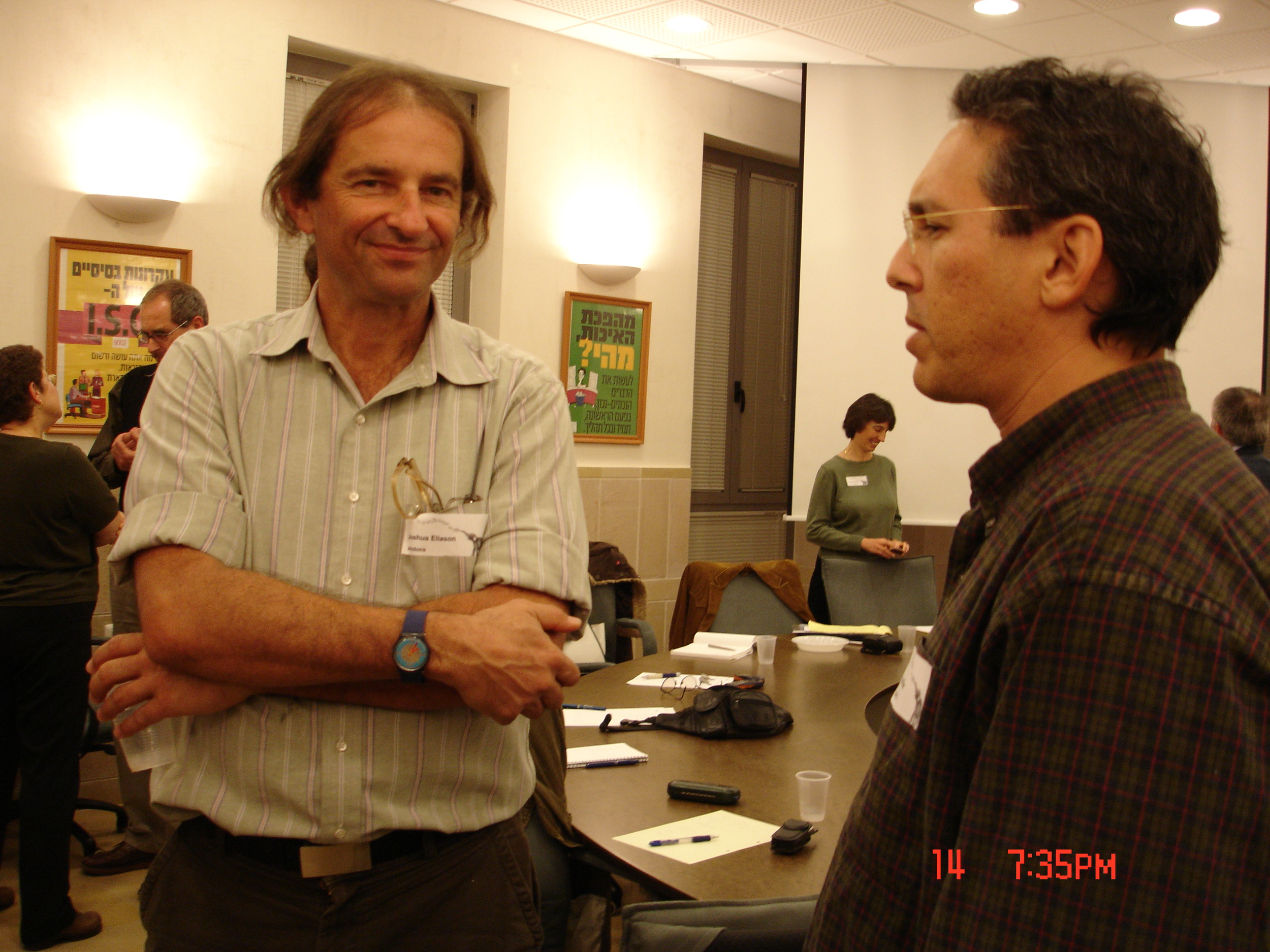
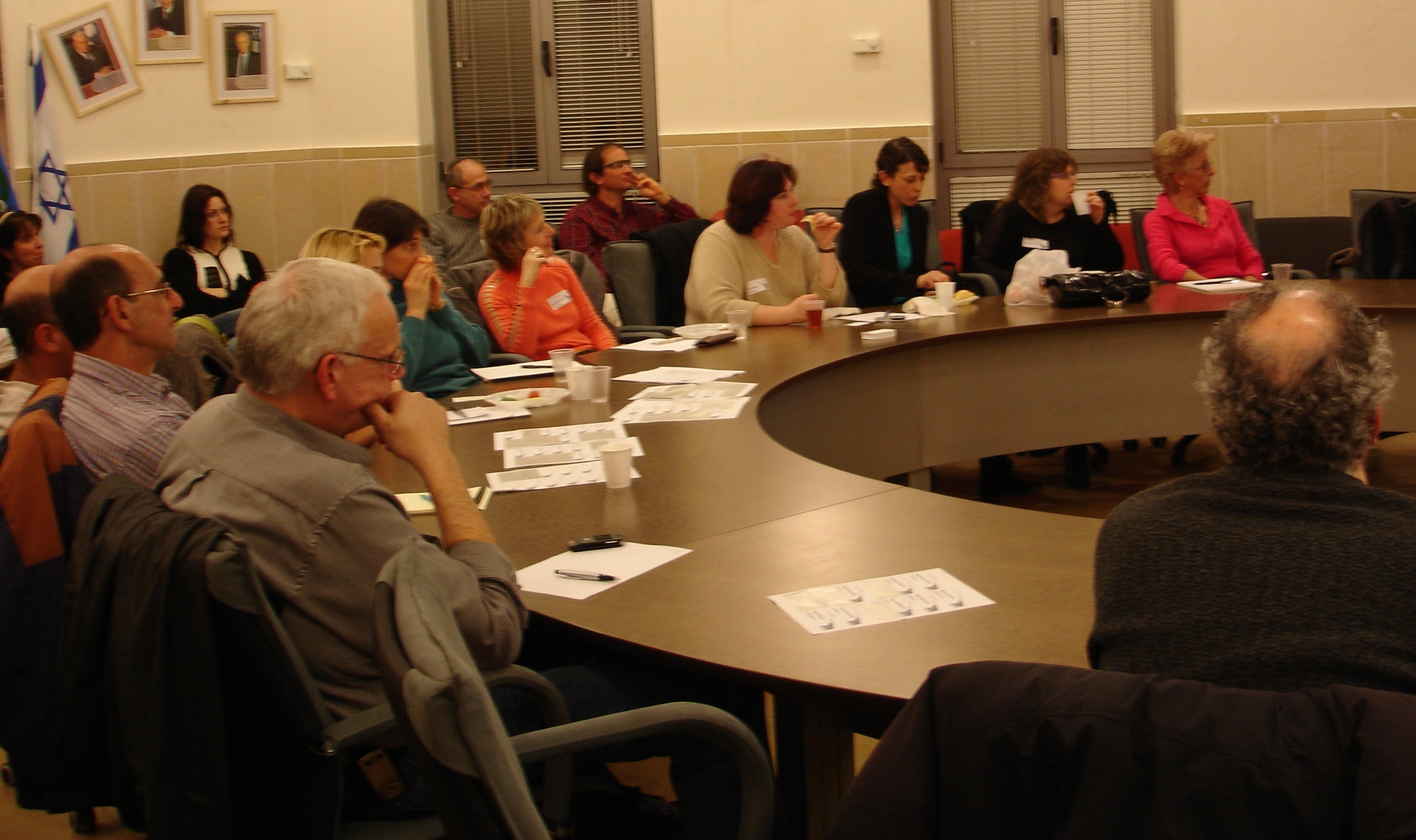

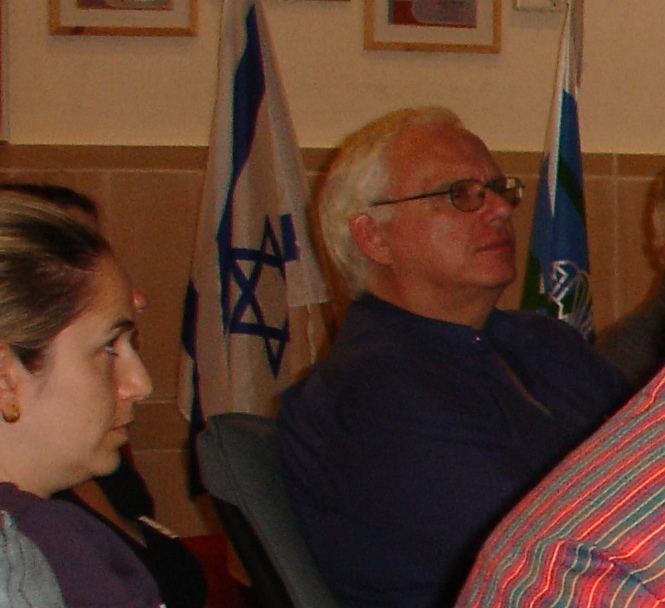

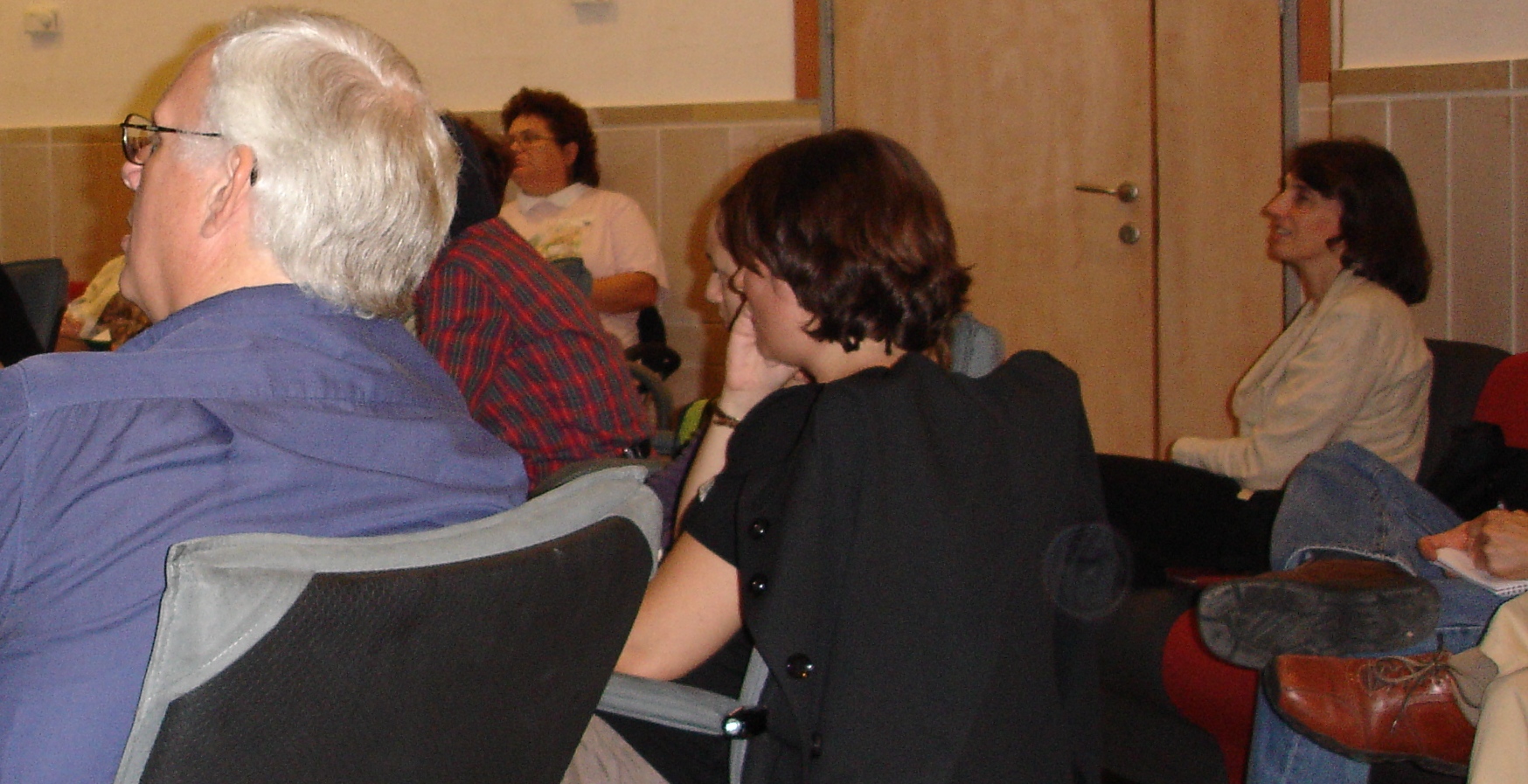
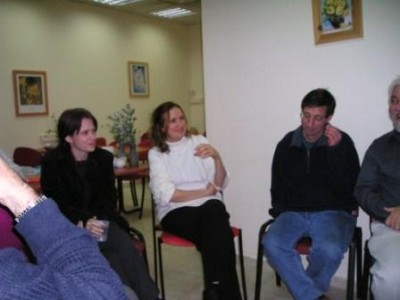
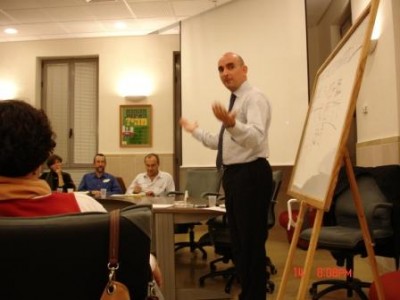
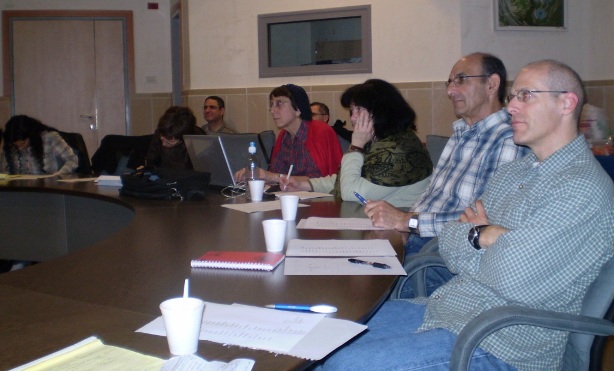
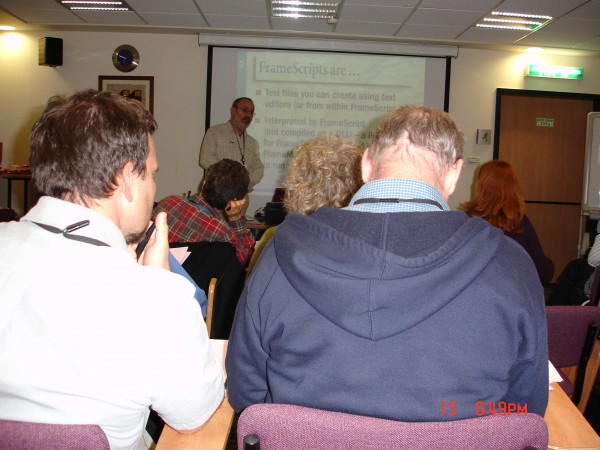
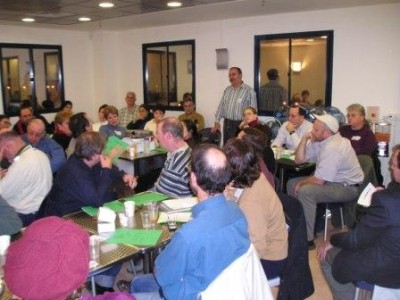
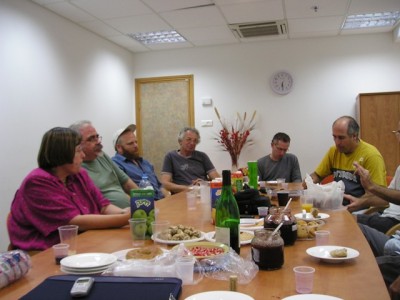
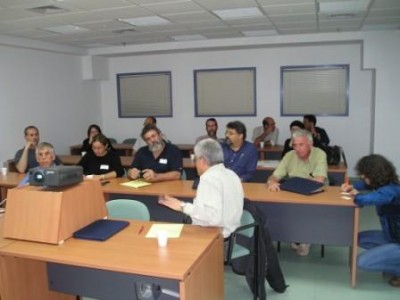
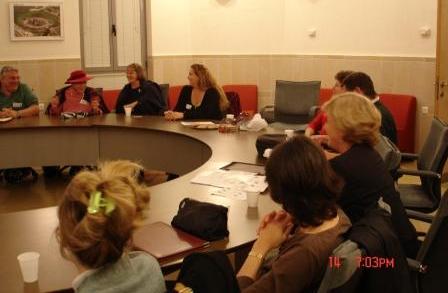
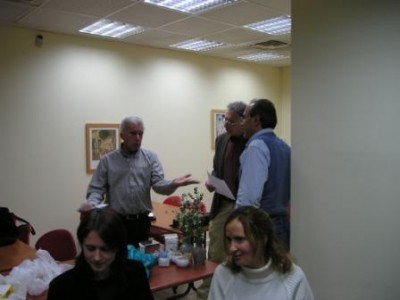
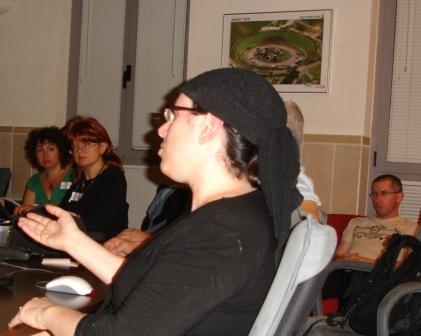

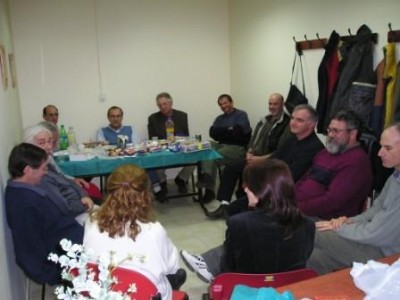
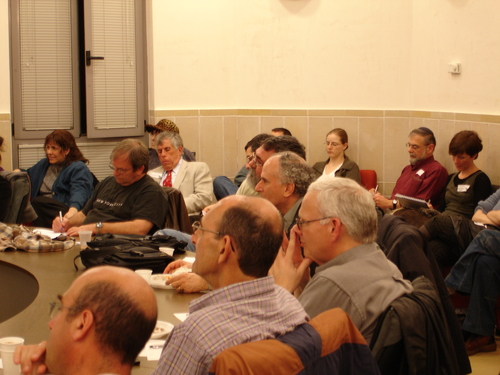
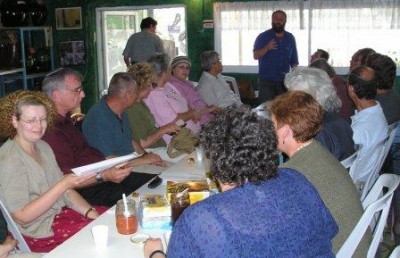
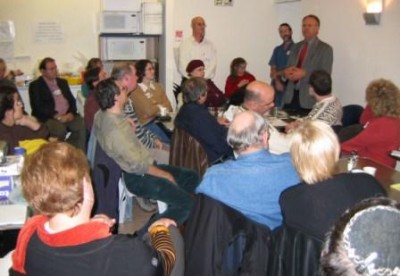

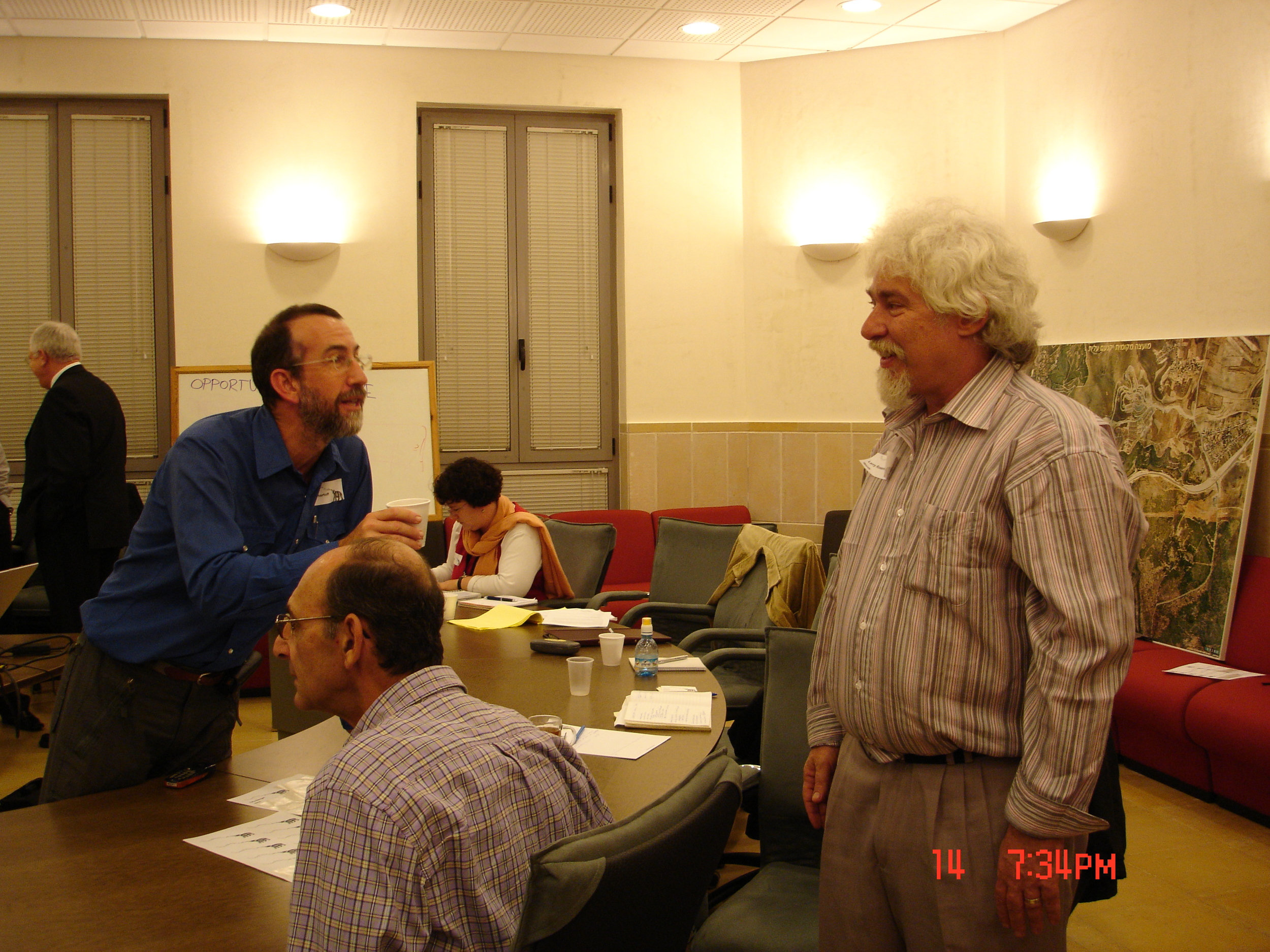
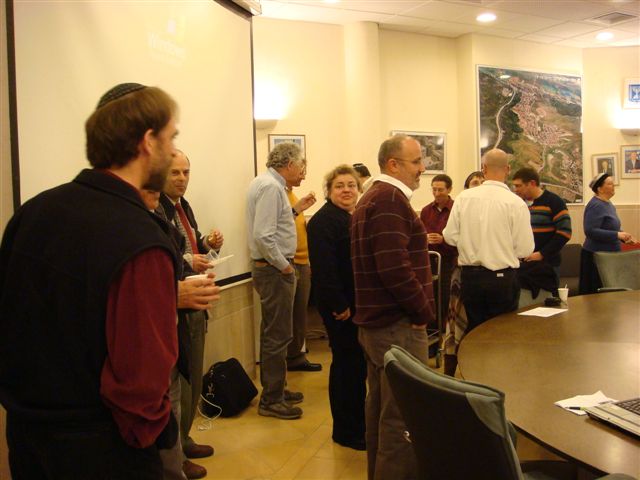
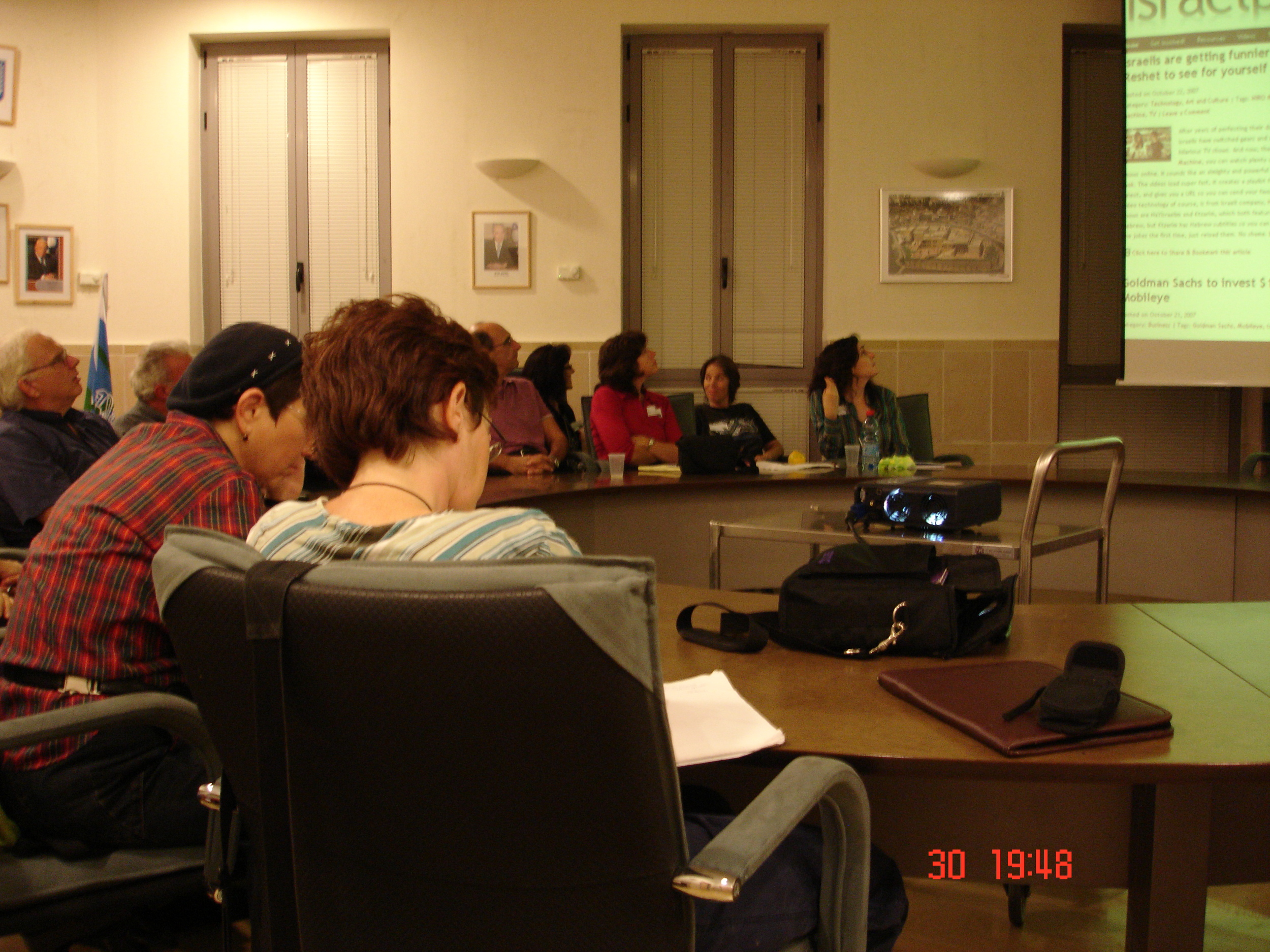
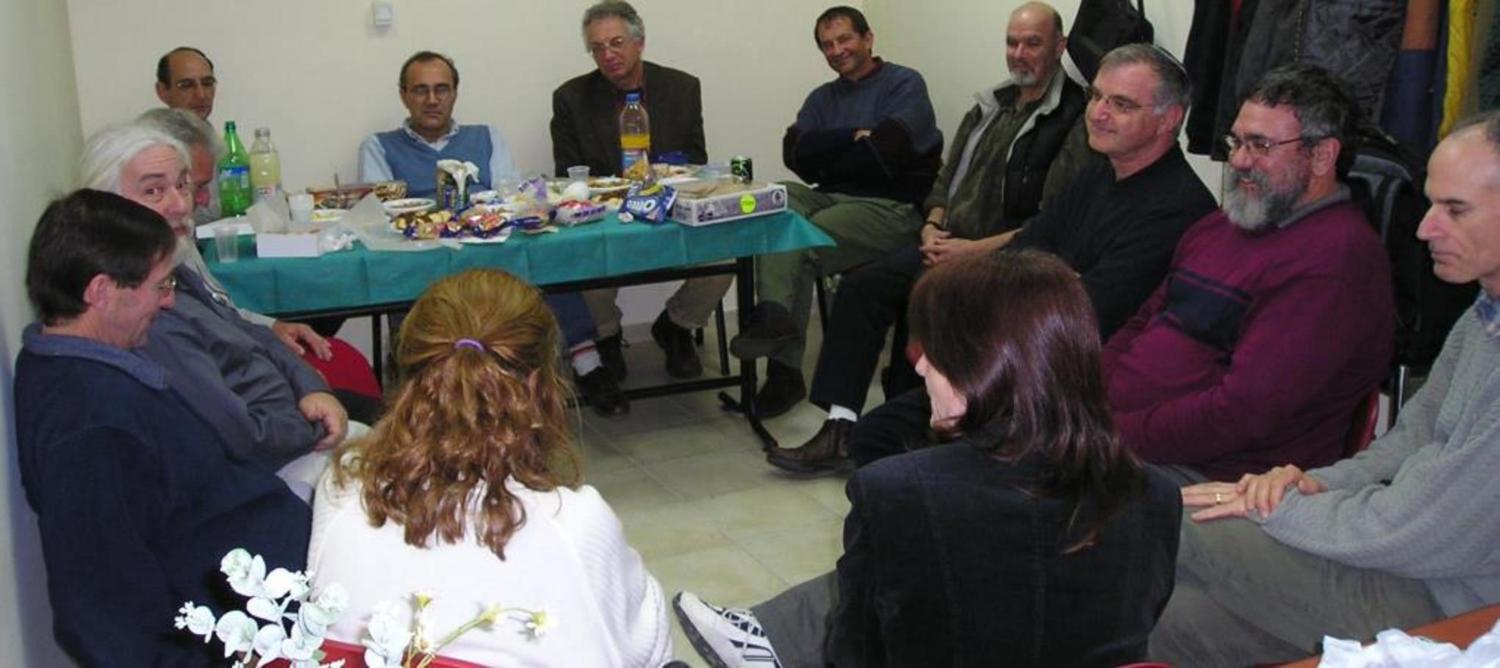
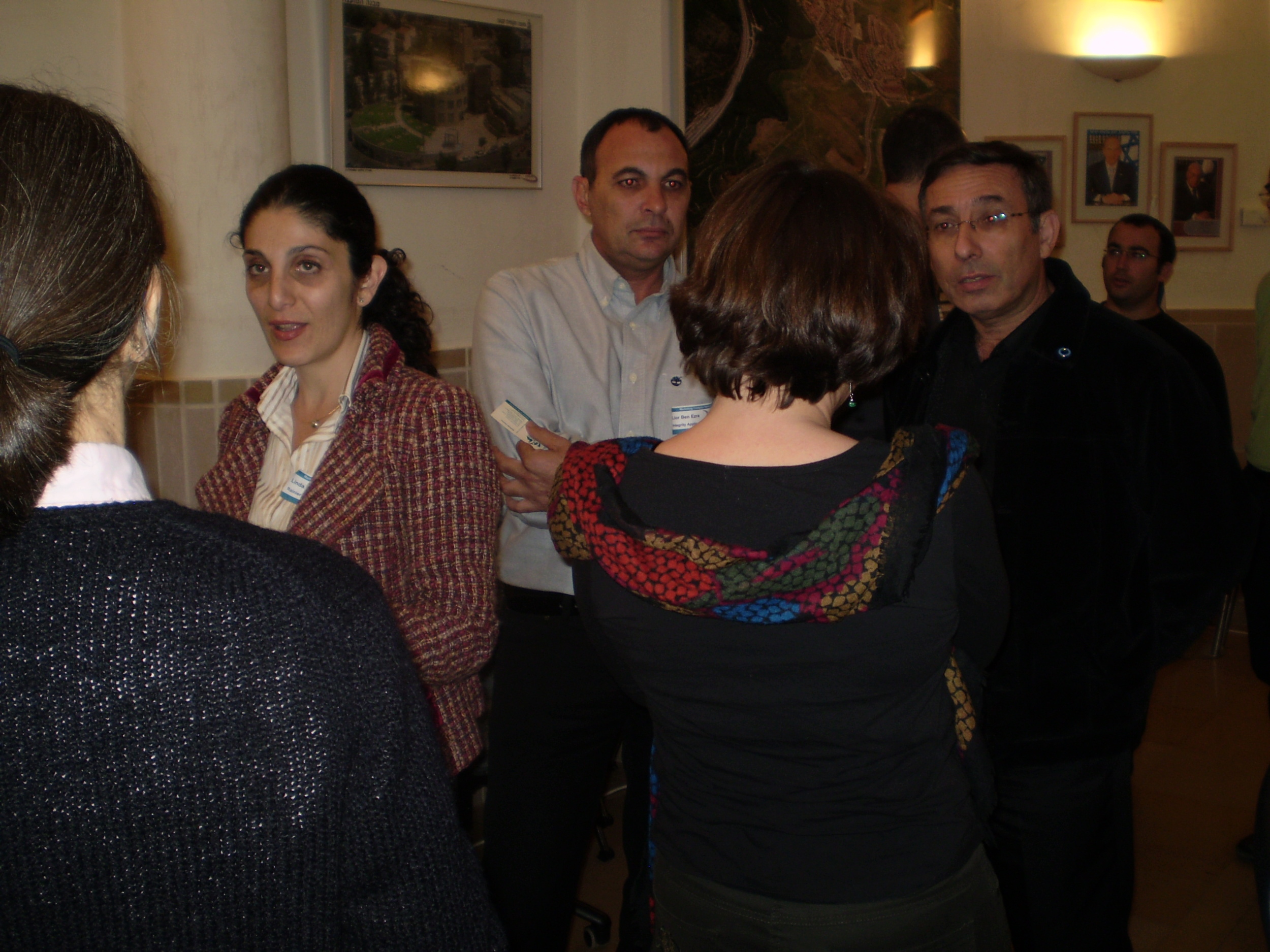
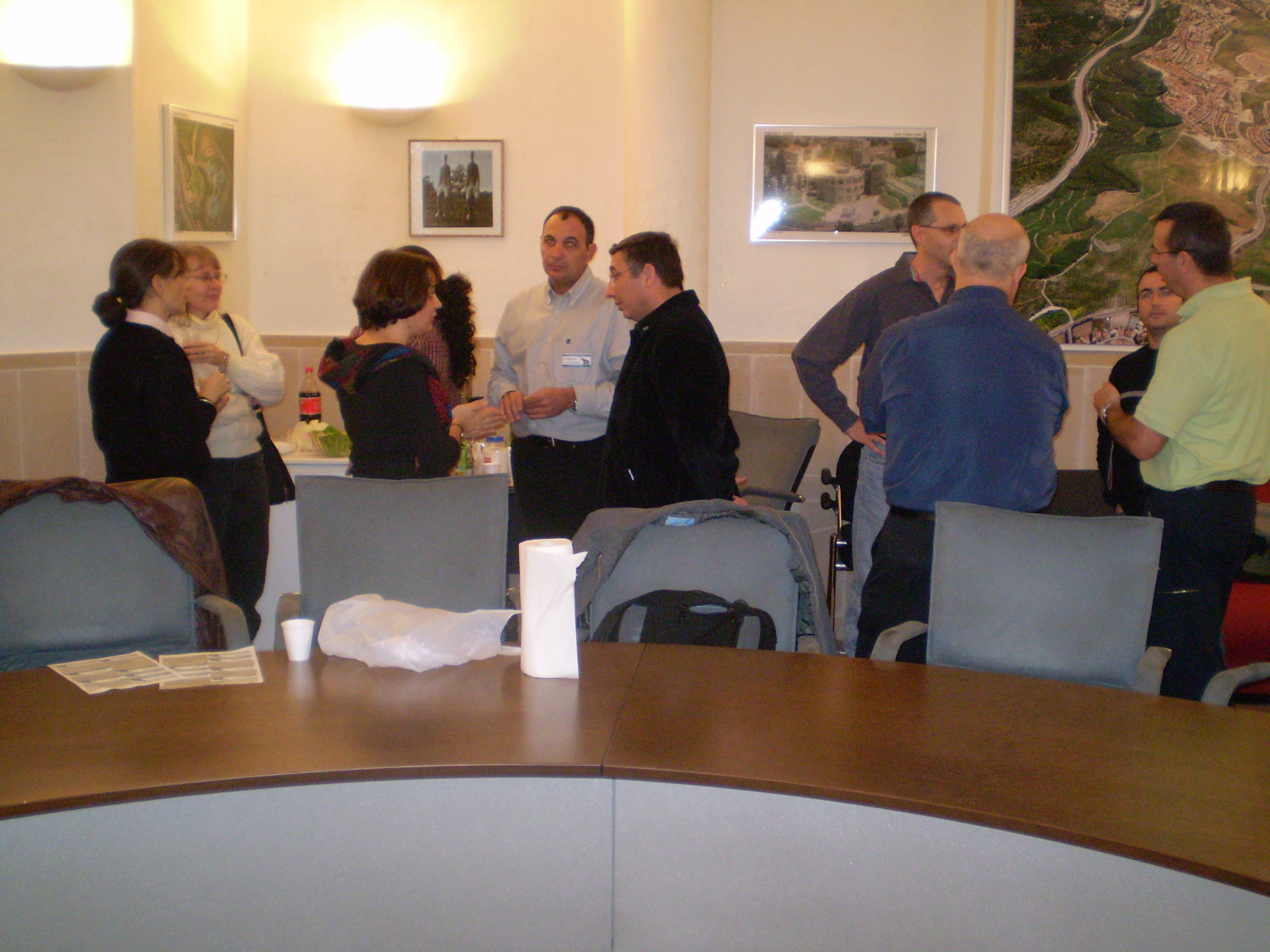
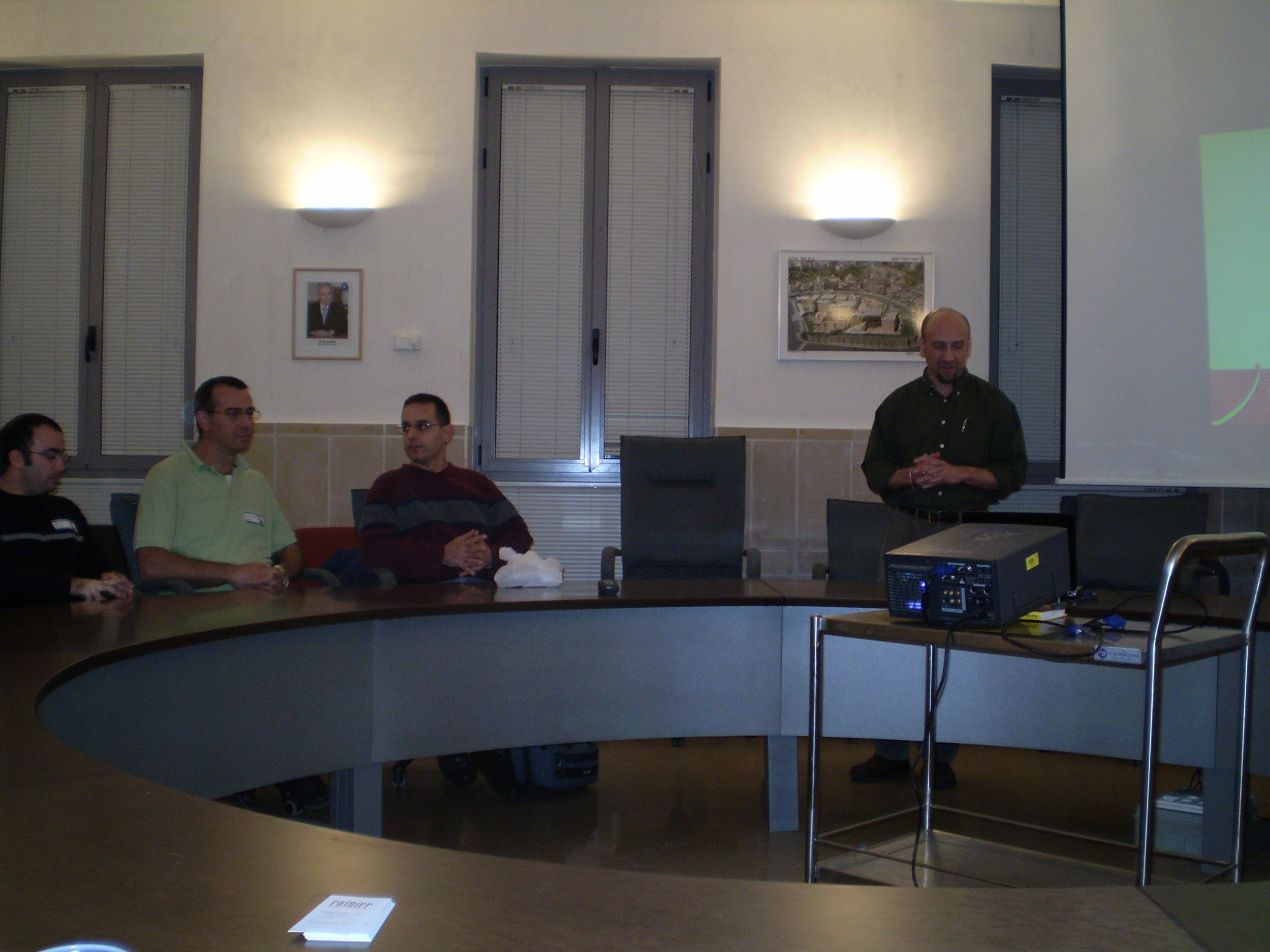
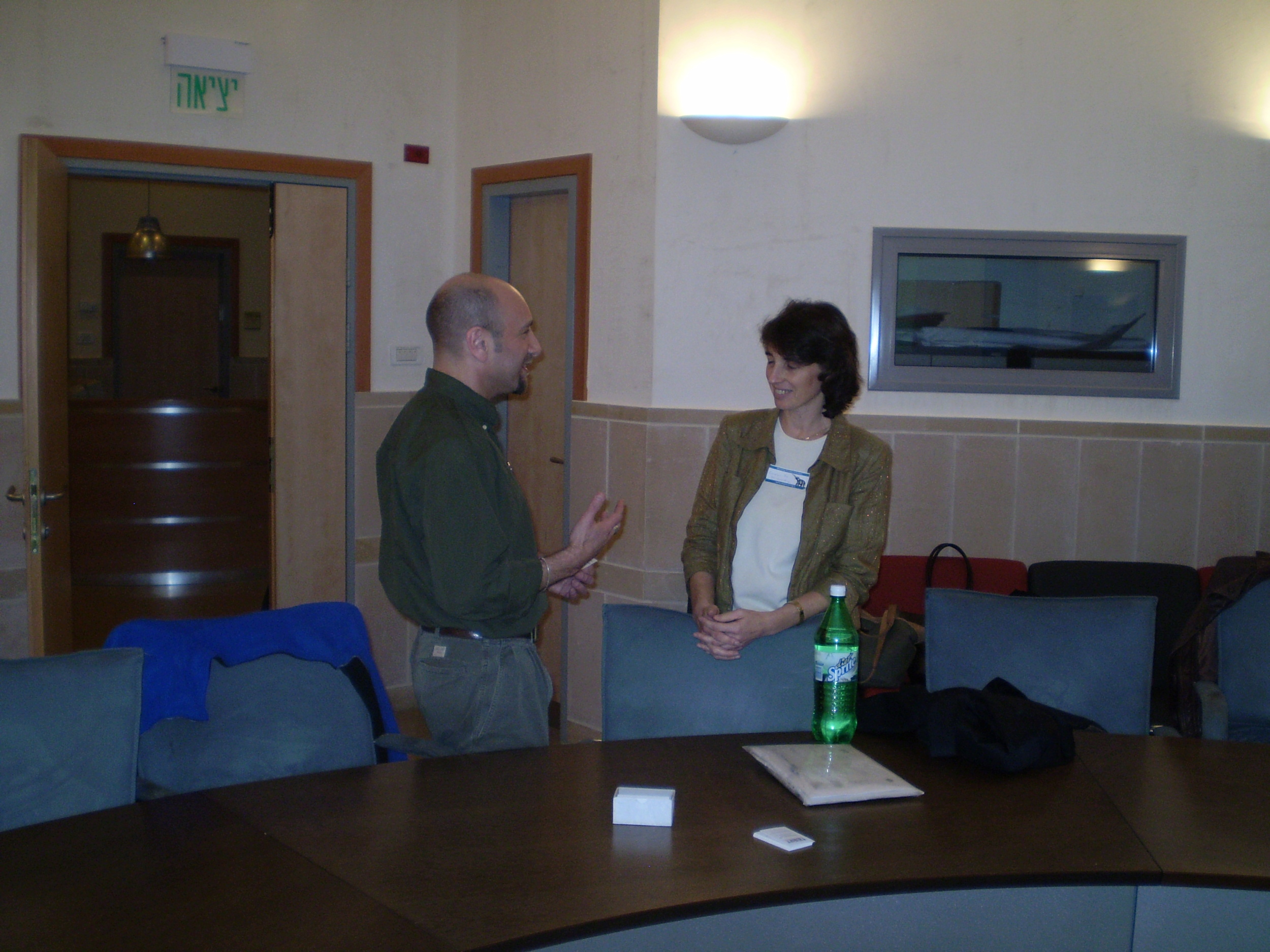
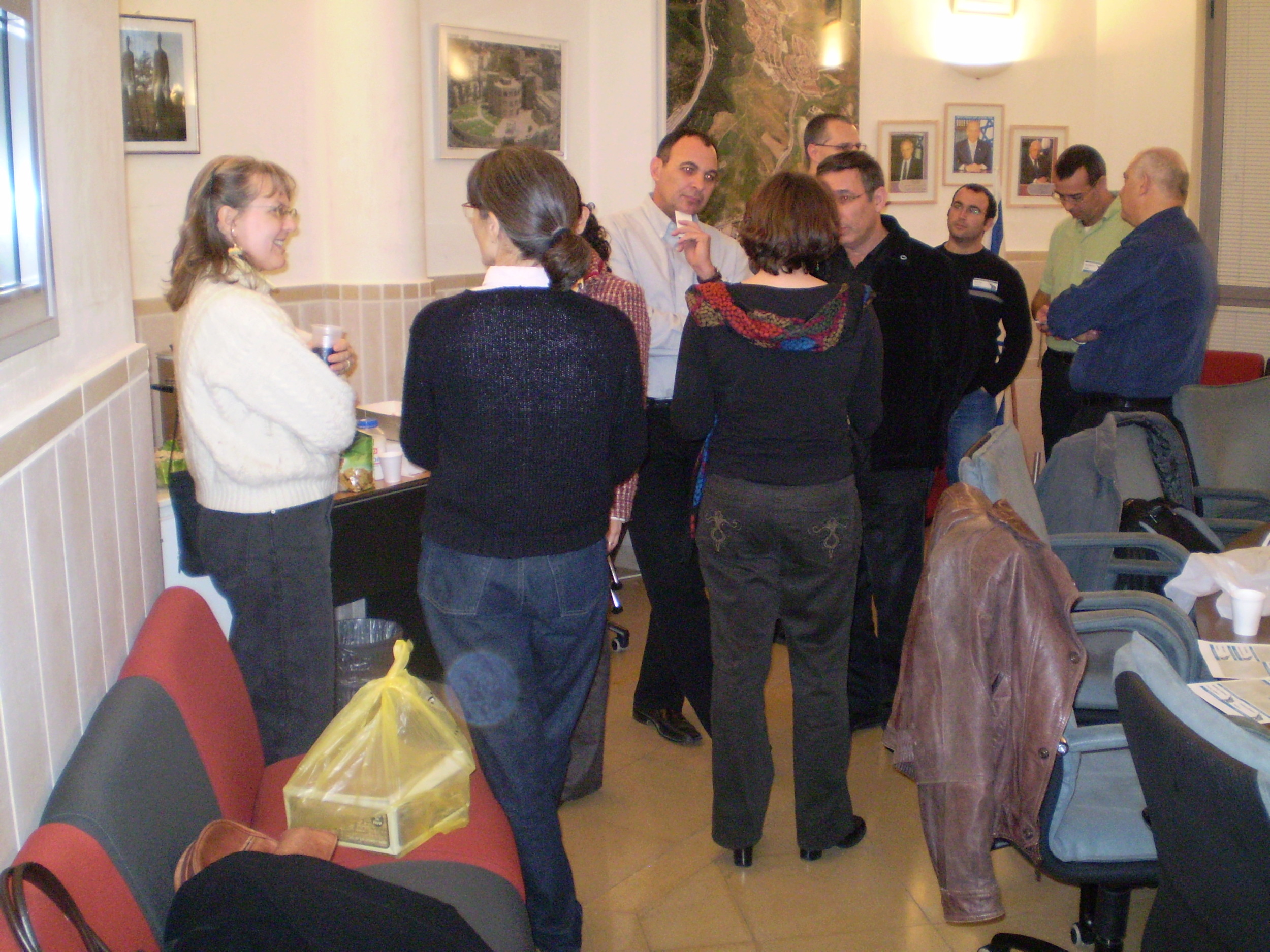



















Jennifer Croft, who translated Nobel Prize laureate Olga Tokarczuk from Ukrainian, has announced that next time if her name won’t be on the cover, she won’t be translating. And together with novelist Mark Haddon, she started a petition. Columnist Pamela Paul believes that better visibility for translators can also lead to better pay.